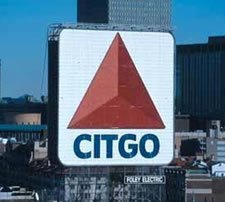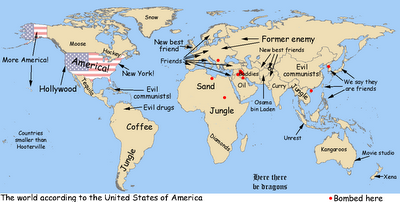Save the Internet. Seriously.
http://www.savetheinternet.com
NETWORK NEUTRALITY IS GOING TO BE ABANDONED THIS SUMMER UNLESS AMERICANS SPEAK UP RIGHT NOW. PLEASE VISIT THE WEBSITE ABOVE FOR MORE INFORMATION. WHAT THIS BASICLY MEANS IS THAT THE WEB WILL NOT BE A LEVEL PLAYING FIELD ANYMORE, AND THERE WILL BE MUCH MORE CONTROL OVER THE INFORMATION WE CAN ACCESS AND ALSO PUBLISH ON THE WEB.
How would the gutting of Network Neutrality affect you?
Google users
Another search engine could pay dominant Internet providers like AT&T to guarantee the competing search engine opens faster than Google on your computer.
Innovators with the "next big idea
Startups and entrepreneurs will be muscled out of the marketplace by big corporations that pay Internet providers for dominant placing on the Web. The little guy will be left in the "slow lane" with inferior Internet service, unable to compete.
iPod listeners
A company like Comcast could slow access to iTunes, steering you to a higher-priced music service that it owned.
Political groups
Political organizing could be slowed by a handful of dominant Internet providers who ask advocacy groups to pay "protection money" for their websites and online features to work correctly.
Nonprofits
A charity's website could open at snail-speed, and online contributions could grind to a halt, if nonprofits can't pay dominant Internet providers for access to "the fast lane" of Internet service.
Online purchasers
Companies could pay Internet providers to guarantee their online sales process faster than competitors with lower pricesdistorting your choice as a consumer.
Small businesses and tele-commuters
When Internet companies like AT&T favor their own services, you won't be able to choose more affordable providers for online video, teleconferencing, Internet phone calls, and software that connects your home computer to your office.
Parents and retirees
Your choices as a consumer could be controlled by your Internet provider, steering you to their preferred services for online banking, health care information, sending photos, planning vacations, etc.
Bloggers
Costs will skyrocket to post and share video and audio clipssilencing citizen journalists and putting more power in the hands of a few corporate-owned media outlets.
Blocking Innovation
Corporate control of the Web would reduce your choices and stifle the spread of innovative and independent ideas that we've come to expect online. It would throw the digital revolution into reverse. Internet gatekeepers are already discriminating against Web sites and services they don't like:
* In 2004, North Carolina ISP Madison River blocked their DSL customers from using any rival Web-based phone service.
* In 2005, Canada's telephone giant Telus blocked customers from visiting a Web site sympathetic to the Telecommunications Workers Union during a contentious labor dispute.
* Shaw, a major Canadian cable, internet, and telephone service company, intentionally downgrades the "quality and reliability" of competing Internet-phone services that their customers might choose -- driving customers to their own phone services not through better services, but by rigging the marketplace.
* In April, Time Warner's AOL blocked all emails that mentioned www.dearaol.com -- an advocacy campaign opposing the company's pay-to-send e-mail scheme.
This is just the beginning. Cable and telco giants want to eliminate the Internet's open road in favor of a tollway that protects their status quo while stifling new ideas and innovation. If they get their way, they'll shut down the free flow of information and dictate how you use the Internet.
More information via video clips
Serious, via Public Knowledge
Humorous, via Ask-A-Ninja
Visit this web site for more information and get involved! http://www.savetheinternet.com


